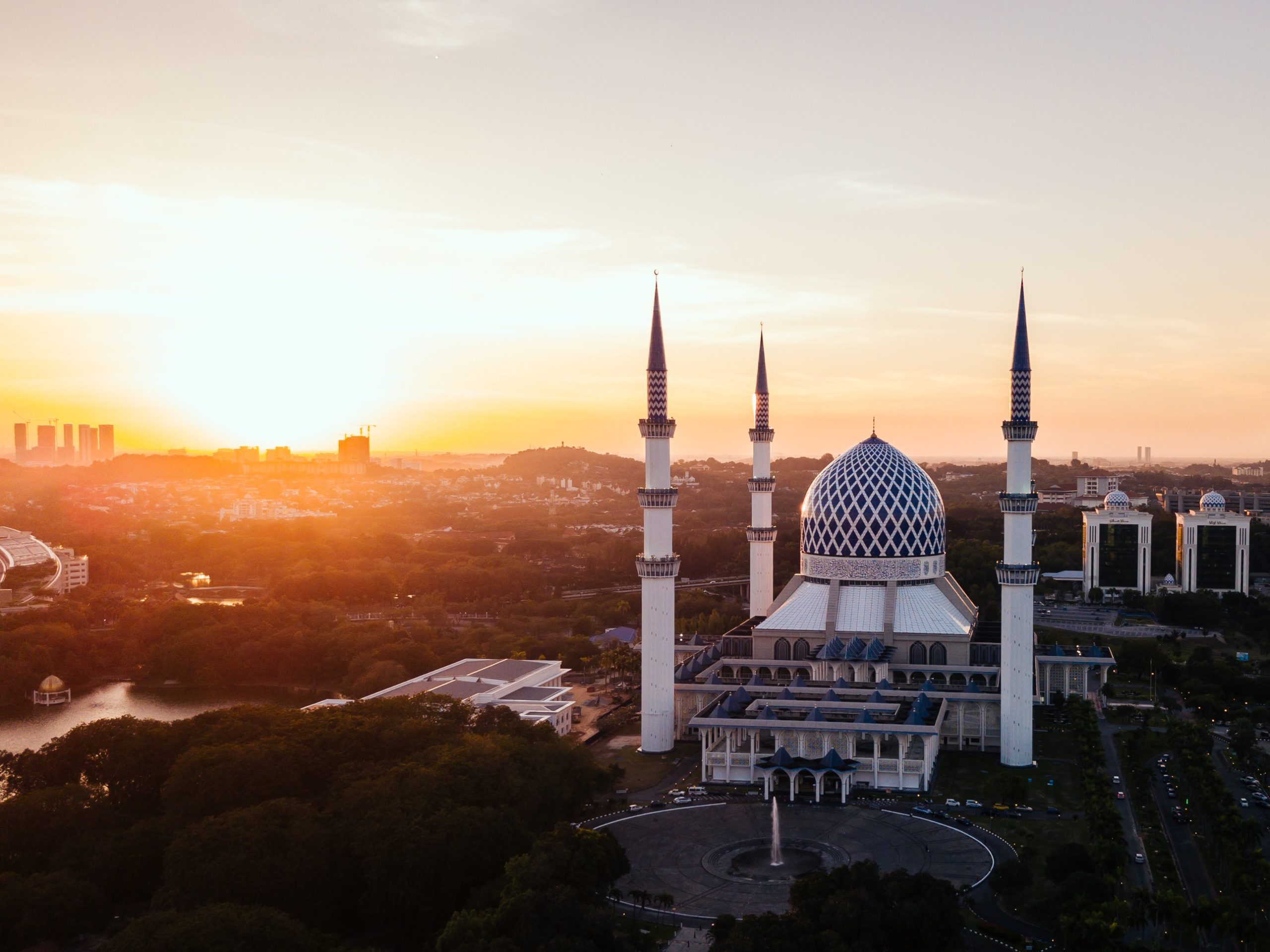The Quran is Protected from Corruption:
Previous revelations had been corrupted intentionally, but the Qur’an’s final message to man is exactly the same in its present form as it was revealed to Prophet Muhammad (PBUH) more than 1 400 years ago.
Islam teaches us that Allah created the entire universe, the angels, the jinn, and then mankind in the persons of Adam and his wife. The history of humanity began with the disobedience of the first couple and their expulsion from Paradise, but Allah did not abandon them; rather, He promised to guide them by sending them prophets.
Adam (AS) was the first prophet. Some of the prophets brought people Sacred Books from Allah: the best known were the Torah (at-Tawraat), which was given to Prophet Moosaa (AS); the Psalms (az-Zaboor), which was given to Prophet Daawood (AS); and the Gospel (al- Injeel) which was given to Prophet ‘ Eesaa (AS).
Many additions and deletions had crept into these books, but the Quran has remained intact because Allah the Almighty has taken it upon Himself to protect it, as the Quran says,
We have sent down the Reminder, and We will
guard it [from corruption]. (Soorat al-fj_ijr, 1 5:9)
All the teachings contained in the former scriptures that were meant to be of lasting value and importance are included in the Qur’an. The Quran gives some specific accounts of what the pre-Quranic scriptures contained. The basic message of all the prophets of Allah, and hence all the scriptures they brought, was one and the same message from Allah to man:
Indeed, We have sent forth among every community a messenger with the commandment:
‘Worship Allah Alone and shun all false deities and objects of worship. (Soorat An-Nahl, 1 6:36)
Thus, the Quran not only preserves the essential teachings of the previous revelations but also sets out once and for all the eternal truth in its entirety. Indeed, it is a book that contains the essence of the revelations made to the prophets, preserving them so perfectly that the reader has no need to have recourse to other sacred scriptures which have undergone all forms of corruption.
The Quran, therefore, calls itself a ‘muhaymin’ (guardian, watcher, trustworthy in highness, and a witness over the old scriptures). (Soorat al-Maa’idah, 5:48) The adjective muhaymin literally means ‘watching over “controlling” and “dominating” In this context, the Quran serves as the final, judging revelation. Thus it is the determinant factor in deciding what is genuine and what is false in the earlier scriptures.
Commenting on this word, ‘Abdullah Yusuf ‘Ali writes,
After the corruption of the older revelations, the Qur’an comes with a two-fold purpose:
(1 ) to confirm the True and Original Message, and
(2) to guard it or act as a check to its interpretation.
The Arabic word muhaymin is very comprehensive in meaning. It means one that safeguards, watches over, stands witnesses, preserves, and upholds. The Qur’an safeguards ‘the Book’ for it has preserved within it the teachings of all the former Books.
It watches over these Books in the sense that it will not Jet their true teachings be lost. It supports and upholds these Books in the sense that it corroborates the word of Allah, which has remained intact in them. It sorts out what is mixed with it by the people. What is confirmed by the Qur’an is the word of Allah and what is against it is that of the people. (Yusuf ‘Ali, The Meaning of the Glorious Quran, Text, Translation, and Commentary)
All the essential points, in every respect, are given to us in the Quran. The Muslims, therefore, regard the Quran as the Most Sacred object on earth – Allah’s Supreme Gift to mankind. It is an object of veneration and the foundation of human understanding of the universe and man’s place in it:
If all men and jinn were to collaborate, they could not produce it’s like. (Soorat al-lsraa; 1 7:88)
The Prophet (PBUH) was authorized to challenge his critics and opponents to produce something comparable (Soorat Yoonus, 1 0:38). The challenge was taken up by more than one stylist in Arabic literature – with a predictable result. The style of the Quran is Allah’s style – this is basically what forms the miraculous character of the Quran.



